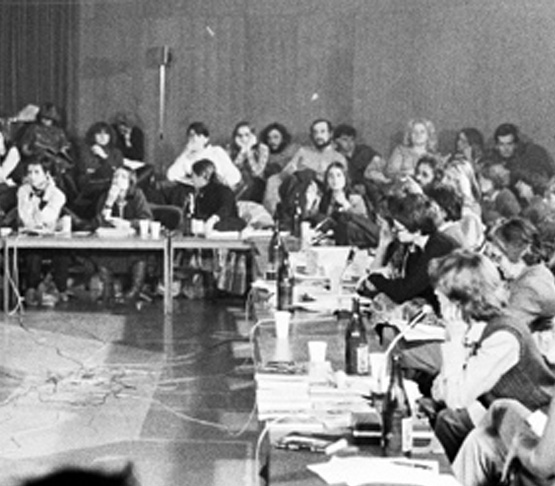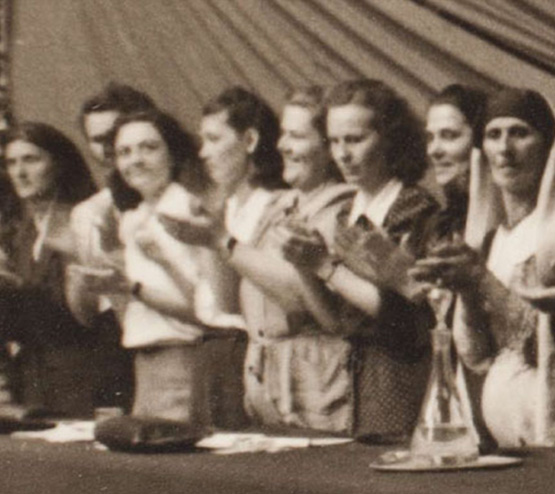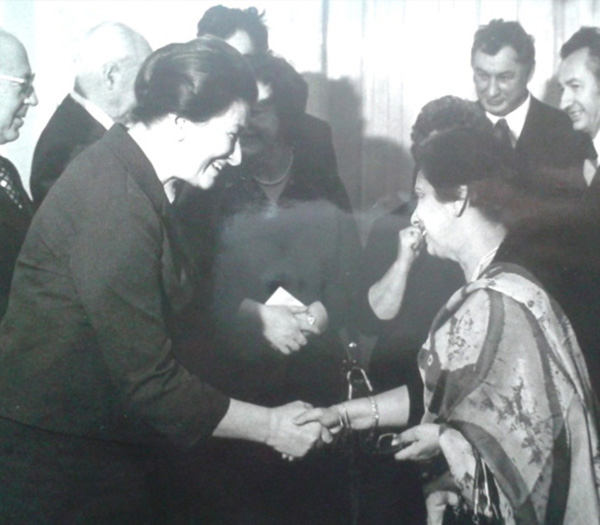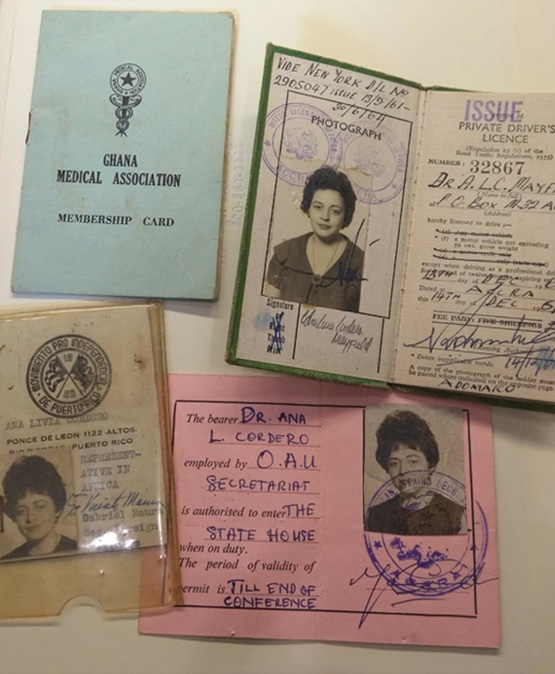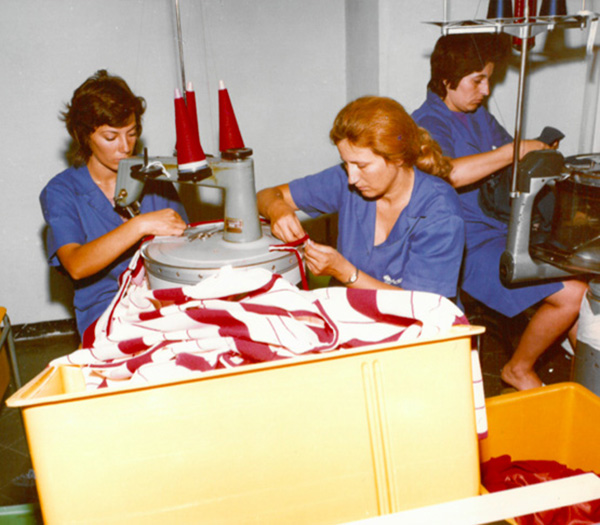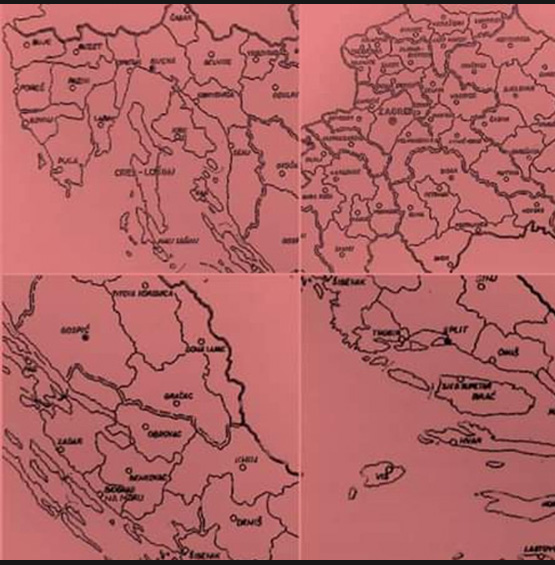About Chiara Bonfiglioli

I am currently Associate Professor in Contemporary History in the Department of Humanities at Ca’ Foscari University of Venice, Italy.
I am the Principal Investigator of the ERC Consolidator project titled WO-NAM: Women and Non-Alignment in the Cold War era: biographical and intersectional perspectives.
Previously (2017-2023), I lectured in Gender & Women’s Studies at University College Cork, where I coordinated the one-year interdisciplinary Masters in Women’s Studies (https://www.ucc.ie/en/womensstudies/)
Click here to download my full CV
I hold a BA in Political Sciences from the University of Bologna, and an MA and PhD from the Graduate Gender Programme at the University of Utrecht (www.genderstudies.nl).
Between 2012 and 2014, I was based at the School of Law of the University of Edinburgh, first as a research fellow and then as a NWO Rubicon post-doctoral fellow with a project titled Women’s citizenship in South-East Europe, within the framework of the CITSEE project on ‘The Europeanisation of Citizenship in the Successor States of the Former Yugoslavia’ (www.citsee.eu.
Between 2015 and 2017, I worked as a NEWFELPRO post-doctoral fellow within the Centre for Cultural and Historical Research of Socialism (CKPIS), at the University of Pula (www.visio.unipu.hr/ckpis/en). Between 2018 and 2022, I was associate fellow of the project ‘Microstructures of Yugoslav Socialism: Croatia 1970-1990’ (2018-2022) funded by the Croatian Science Foundation (HRZZ).
In 2016/2017, I was awarded a EURIAS Junior Fellowship at the Institute for Human Sciences (IWM), Vienna (www.iwm.at).
In 2022, together with Dr Rory Archer, I received an Elisabeth List Fellowship Programme from the University of Graz for the project, “Women’s and gender history in Southeast Europe in the 20th Century: Oral history, ethnographic and biographical approaches as a way to advance intersectionality”, which resulted in a doctoral school and in a postgraduate course which is now added to the curriculum in Graz. In 2023, I was a visiting fellow at the Institute for contemporary history in Ljubljana.

